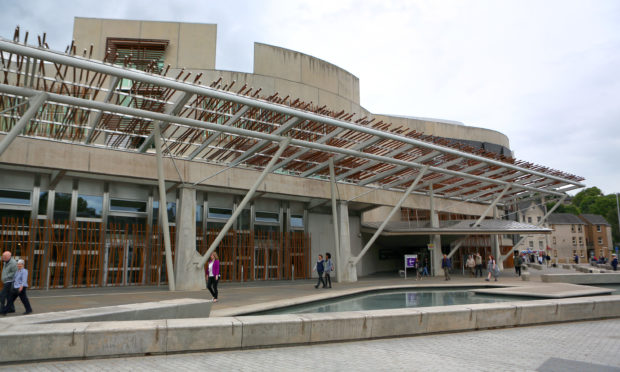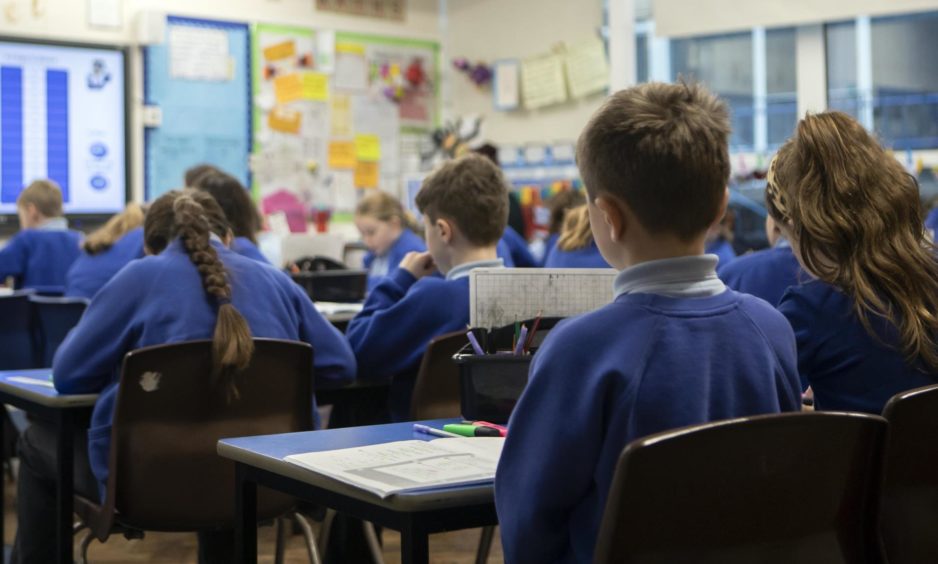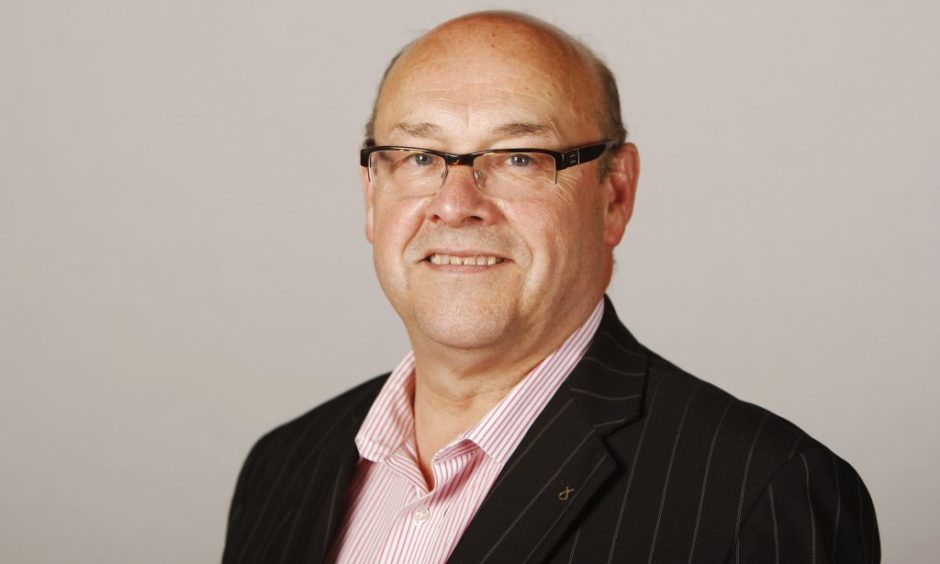Scotland’s public spending watchdog has expressed “real concerns” over the future funding of social care and warned the U-turn on blended learning in Scottish schools heaped pressure on local authorities.
Accounts Commission chairwoman Elma Murray said the pandemic had created “unique and challenging” circumstances for local government and warned councils will suffer “considerable additional costs and loss of income” in the months ahead.
In an update on the NHS in Scotland published last October, Audit Scotland said health funding could face a black hole of £1.8 billion by 2023-24; however, it is not yet known what the full effect of the pandemic will be.
It’s fair to say that there are real concerns around social care in the future.”
Accounts Commission chairwoman Elma Murray
Appearing in front of the Scottish Parliament’s Local Government and Communities Committee on Friday, Ms Murray said initial findings showed social care and education appear to be the two sectors hit hardest by the crisis so far.
Responding to a question from convener James Dornan, she said planning for a “blended learning” model – where children spend part of their learning time at home – only to return to classes full time had increased pressures on council budgets.
“The committee has considered over many years the risks in relation to social care,” Ms Murray said. “Social care has been extensively impacted by Covid-19. It’s fair to say that there are real concerns around social care in the future.
“Education has also had to really pivot and change significantly, and again that was another service that the committee will have heard has been under pressure for a number of years.
“The move towards a different type of learning model when schools closed earlier this year up until the summer break, and then the preparations that had to be made for schools to return in full in the last couple of weeks, has increased pressure as far as we can see as well.”
The Scottish Government announced plans to close schools due to the pandemic towards the end of March, with pupils switching to a virtual learning model until the end of the academic session.
Initially, the August 11 return of schools was due to be part of a “blended model” that would see part-time in-school learning with the rest done at home.
However, the suppression of the virus across the country and an outcry from opposition parties and parents prompted the Scottish Government to let schools return full-time with a number of additional measures in place.
An Audit Scotland report published on Thursday concluded Moray Council services had“declined significantly” over the last five years – with education noted as a particular concern.
The report warned improvements are coming too slowly with “significant gaps” in long-term financial plans and “limited confidence” it is capable of making progress.


